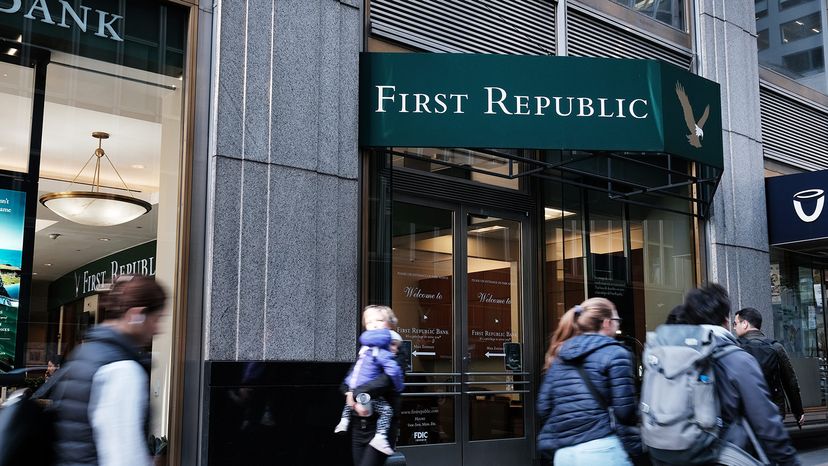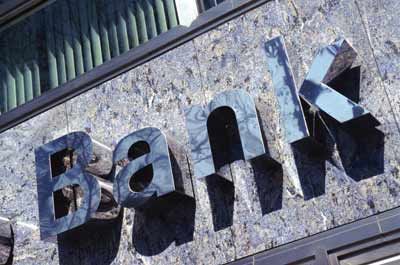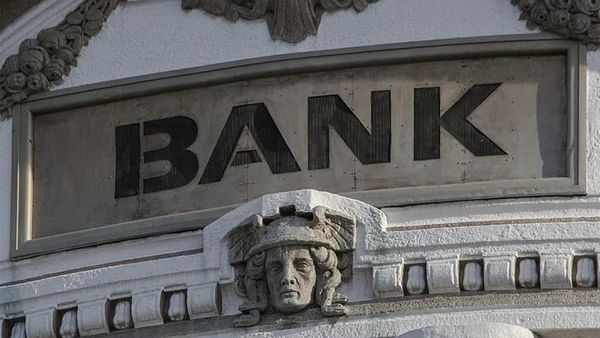
Just weeks after Silicon Valley Bank and Signature Bank collapsed in March 2023, federal regulators seized First Republic assets over the weekend of April 29-30, 2023, in what was the second-largest U.S. bank failure. Both Silicon Valley and First Republic were based in San Francisco. First Republic lost a whopping $100 billion in deposits after Silicon Valley Bank failed and First Republic customers feared the same thing could happen to their bank [source: Ensign and Eisen].
If you know how banks work, you know that when you fork over your paycheck, the money doesn't just gather dust in a vault waiting for you to come back and get it. Banks aren't babysitters for your funds — they take the money you deposit and try to make more money with it, which inevitably involves risk. But if all goes well, they only make smart risks. To make a profit, banks invest money and lend it out to people and charge interest on the loans.
Advertisement
The system works — most of the time. The chances of your bank failing are extraordinarily small, but what if the unspeakable happens? Your bank could be making some bad decisions and losing a lot of money right now. The bad news is, before you even know it, much of your money may have already vanished. The good news is that you probably have little reason to worry: You can bank on the United States government to refund at least a substantial portion of your loss.
The government insurance dates back to the 1930s, during the Great Depression. People were terrified about what their banks were doing with their funds. As soon as they heard that the local bank was going under, everyone would rush to try to withdraw as much as they could in what's known as a bank run. Obviously, the bank couldn't possibly return all the money. When bank runs became rampant, President Roosevelt and his New Deal stepped in to try to help. This resulted in the creation of the Federal Deposit Insurance Corporation (FDIC), which insures accounts against bank failure.
Understanding what the FDIC does and how much you can expect back in the event of a bank failure can help you make smarter choices with your funds.
Advertisement


